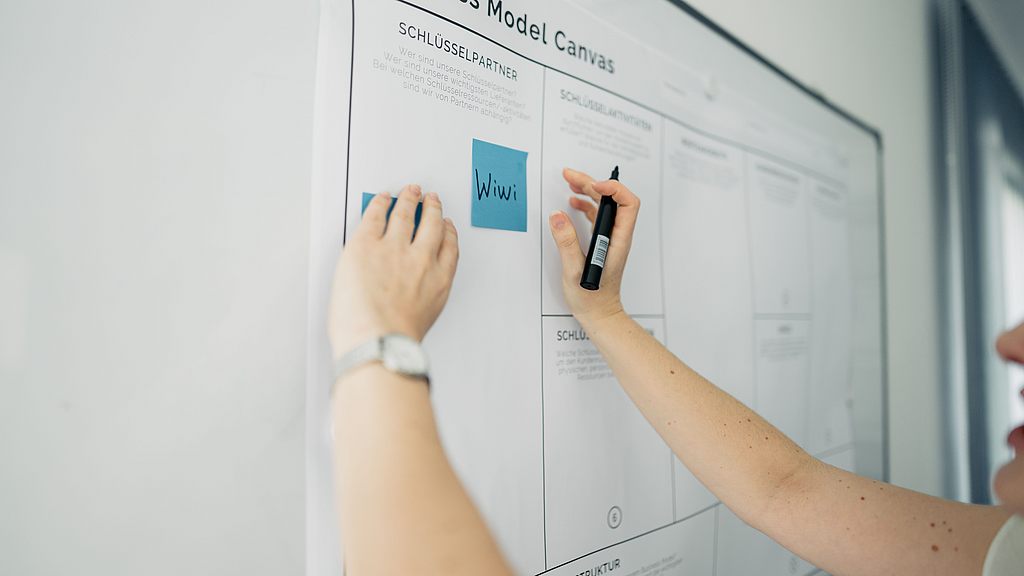Research areas
Experimental economics
The essence of experimental economics: method
- for testing economic theories and
- to test the effectiveness of institutional designs
under controlled laboratory conditions and to derive recommendations for practical action.
Areas of application:
- Independent, individual decisions: Consumer behavior, risk propensities, ...
- Strategic interactions in small groups: Incentive systems, negotiations, ...
- Markets: market processes, market design, auctions
- Choice-Based Conjoint Analysis
Current projects at the Institute of Economics:
- Market exit behavior in shrinking markets
- Consumption of non-renewable resources
- Design of incentive systems in the case of restriction networks
- Simulation of forecast validity and parameter recovery in consumer choice decisions using hierarchical Bayesian choice-based conjoint models
- Effects of simplification strategies of consumers on the forecast quality of preference models
- Comparison of decision criteria with several target variables in real applications
- Suitability of efficiency concepts with multiple targets
- Behavioral economic aspects of capacity decisions in the recycling sector
- Experiments to analyze demand preferences and willingness to pay for electric vehicles
Departments involved:
Operations Management
The Operations Management includes methods of statistics, of operations research and artificial intelligence for operational decision support in development, operational planning and analyis of production, logistics and distribution systems. In order to find solutions for planning and analysis problems, the monitored systems are first depicted in a modell. The modeling yields a formal description of the system states, action alternatives and framework conditions for the subsequent planning or analysis. Depending on the coefficient of determination of the data, methods from the fields of mathematical programming, combinatorial optimization, stochastic optimization, machine learning, stochastic simulation and stochastic process theory are applied.
Current projects:
- Decentralized planning of project portfolios with asymmetrical information and target allocation
- Stochastic performance analysis of ASRS with speed-optimized single cycles
- Cross-period budget allocation for the maintenance of modular systems
- Allocation and controlling of flexible buffers in stochastic series production systems
- Schedule construction processes for scheduling problems with storage resources
- Tour planning of internal roll-off container logistics
- Transport optimization in empties networks of the Volkswagen AG
- Prize optimization for products and product categories in retail
- Simultaneous optimal product line development on segmented sales markets
Involved departments:
Marketing and Accounting
This research area focuses on issues relating to a company's relationships with its customers (marketing) on the one hand and accounting for internal and external stakeholders (accounting) on the other. A wide range of aspects play a role here, including
For marketing:
- Preference research and analysis of demand behaviour based on empirical and simulated data
- Development of decision support models in the areas of new product design and pricing
- Application of psychological principles in digital marketing and sustainability marketing
- Linking customer preferences with business models
For accounting:
Normative-theoretical and empirical research in relation to
- Accounting in accordance with HGB and IFRS
- Sustainability reporting
- Company analysis
Involved departments:
- Department of Marketing
- Department of Management and Corporate Accounting
- Department Business Administration and Management of Digital Transformation
